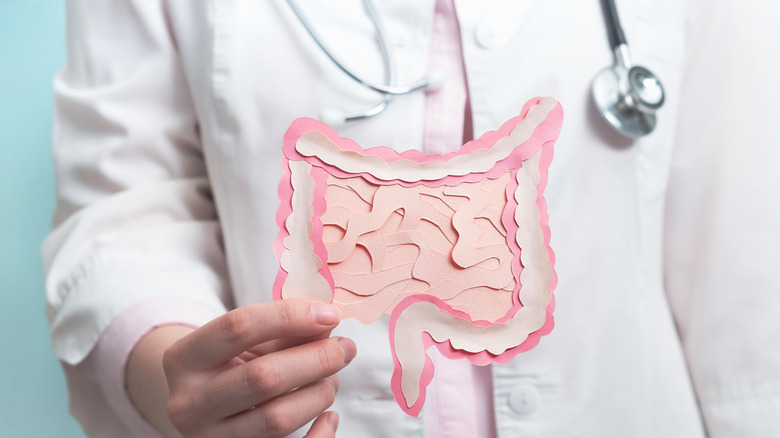Introduction
Mental health is a vital component of overall well-being, but women face certain psychological challenges that are influenced by biological, social, and cultural factors. From hormonal fluctuations to gender-based violence and societal pressures, these unique issues demand targeted awareness and solutions. This article explores the most common mental health challenges specific to women and offers practical ways to address them.
Common Mental Health Challenges Faced by Women
Depression
Women are twice as likely as men to experience depression. Hormonal changes during menstruation, pregnancy, postpartum, and menopause can contribute significantly.
Anxiety Disorders
Women are more prone to anxiety disorders, including generalized anxiety, panic attacks, and social phobia. Hormonal imbalances, genetics, and life stressors often play a role.
Postpartum Depression
This condition affects new mothers and is caused by dramatic hormonal shifts, sleep deprivation, and emotional stress after childbirth.
Eating Disorders
Anorexia, bulimia, and binge eating disorder disproportionately affect women, often triggered by body image issues and societal expectations.
PTSD from Abuse or Trauma
Women are at higher risk of experiencing sexual violence, domestic abuse, and trauma—all of which are major contributors to post-traumatic stress disorder (PTSD).
Biological and Hormonal Influences
Menstrual Cycle and Mood
Hormonal fluctuations during the menstrual cycle can trigger mood swings, irritability, and depressive episodes in some women, especially those with premenstrual dysphoric disorder (PMDD).
Pregnancy and Postpartum Period
Hormonal surges during and after pregnancy can affect emotional stability, sometimes leading to depression or anxiety.
Menopause and Mental Health
The decline in estrogen levels during menopause can lead to mood changes, irritability, and sleep disturbances, which impact mental health.
Societal and Cultural Factors
Gender Roles and Expectations
Societal pressures to fulfill roles such as caregiver, mother, or wife can lead to stress, guilt, and burnout.
Workplace Inequality
Discrimination, harassment, and wage gaps in the workplace can affect women’s self-esteem and mental well-being.
Body Image and Media Influence
Unrealistic beauty standards promoted by media often lead to low self-worth and eating disorders in women.
How to Address These Mental Health Challenges
Seek Professional Help
Psychologists, psychiatrists, and counselors can provide therapy and medication where needed. Women should feel empowered to seek help without stigma.
Build Support Networks
Having a strong support system—friends, family, or support groups—helps reduce isolation and fosters resilience.
Practice Self-Care
Prioritizing sleep, physical activity, balanced nutrition, and hobbies can enhance mental well-being.
Engage in Mindfulness and Stress Management
Techniques like yoga, meditation, and deep breathing exercises can reduce stress and promote emotional balance.
Advocate for Change
Supporting women’s rights, gender equality, and mental health awareness helps create a more supportive environment for women’s well-being.
When to See a Mental Health Professional
- Persistent sadness or mood changes
- Sleep issues or fatigue without reason
- Loss of interest in activities
- Feelings of worthlessness or hopelessness
- Thoughts of self-harm or suicide
Seeking help early can make a significant difference.
Conclusion
Women experience unique mental health challenges due to a mix of biological, psychological, and societal factors. Understanding these issues and addressing them with the right support and resources is crucial. By promoting awareness and encouraging treatment, we can improve mental health outcomes for women across all stages of life.
FAQs
1. Why are women more likely to experience depression than men?
Due to hormonal fluctuations, societal pressures, and higher likelihood of experiencing trauma or abuse.
2. What is the difference between baby blues and postpartum depression?
Baby blues are mild and temporary, while postpartum depression is more severe and can last for months if untreated.
3. Can hormonal therapy help with mood changes during menopause?
Yes, under medical supervision, hormone replacement therapy can alleviate some emotional symptoms of menopause.
4. Are mental health treatments different for women?
Some treatments may be tailored to women’s unique hormonal and emotional needs, but the basic therapeutic approaches remain the same.
5. How can women reduce stress in daily life?
By practicing self-care, setting boundaries, seeking support, and using stress-reducing techniques like mindfulness or therapy.












